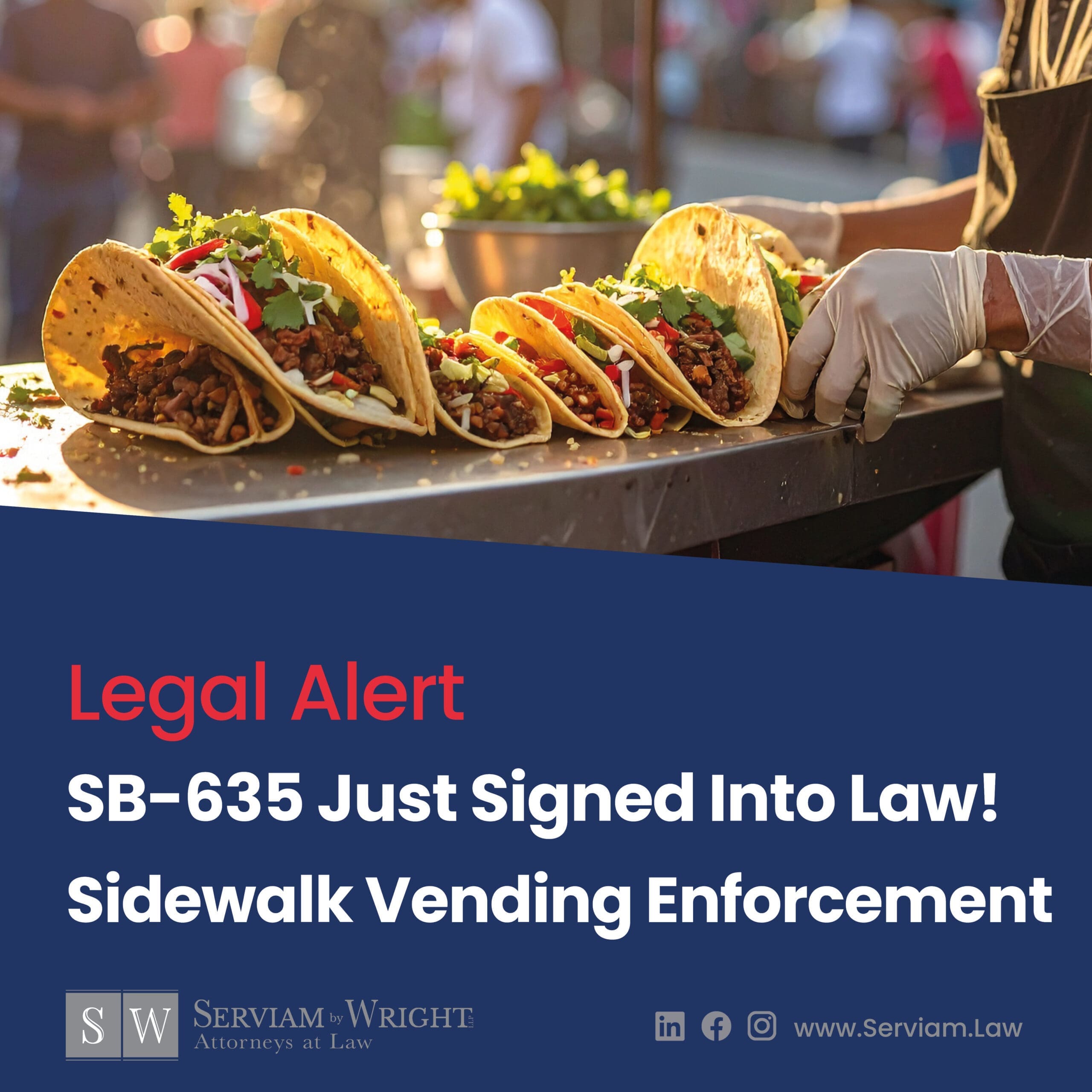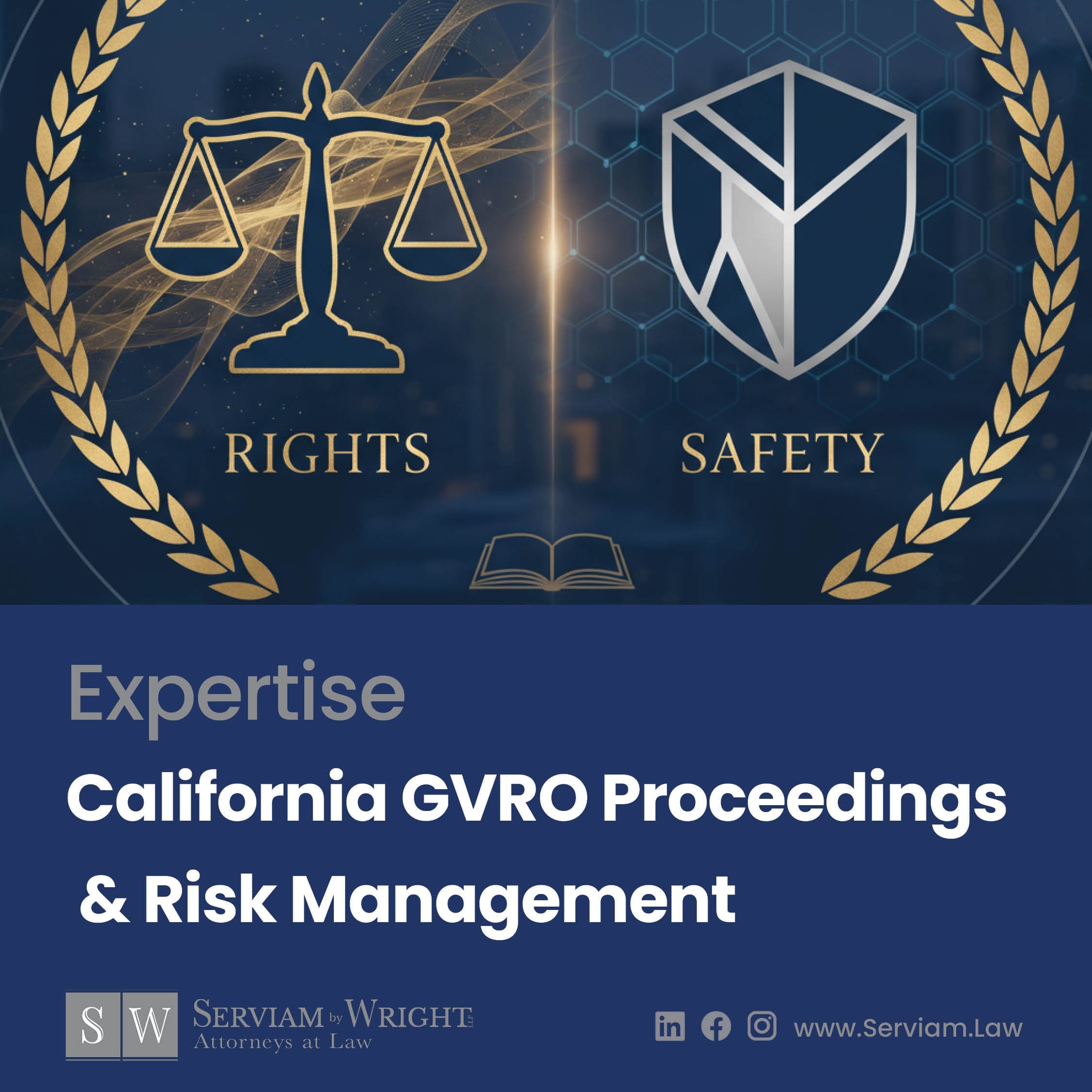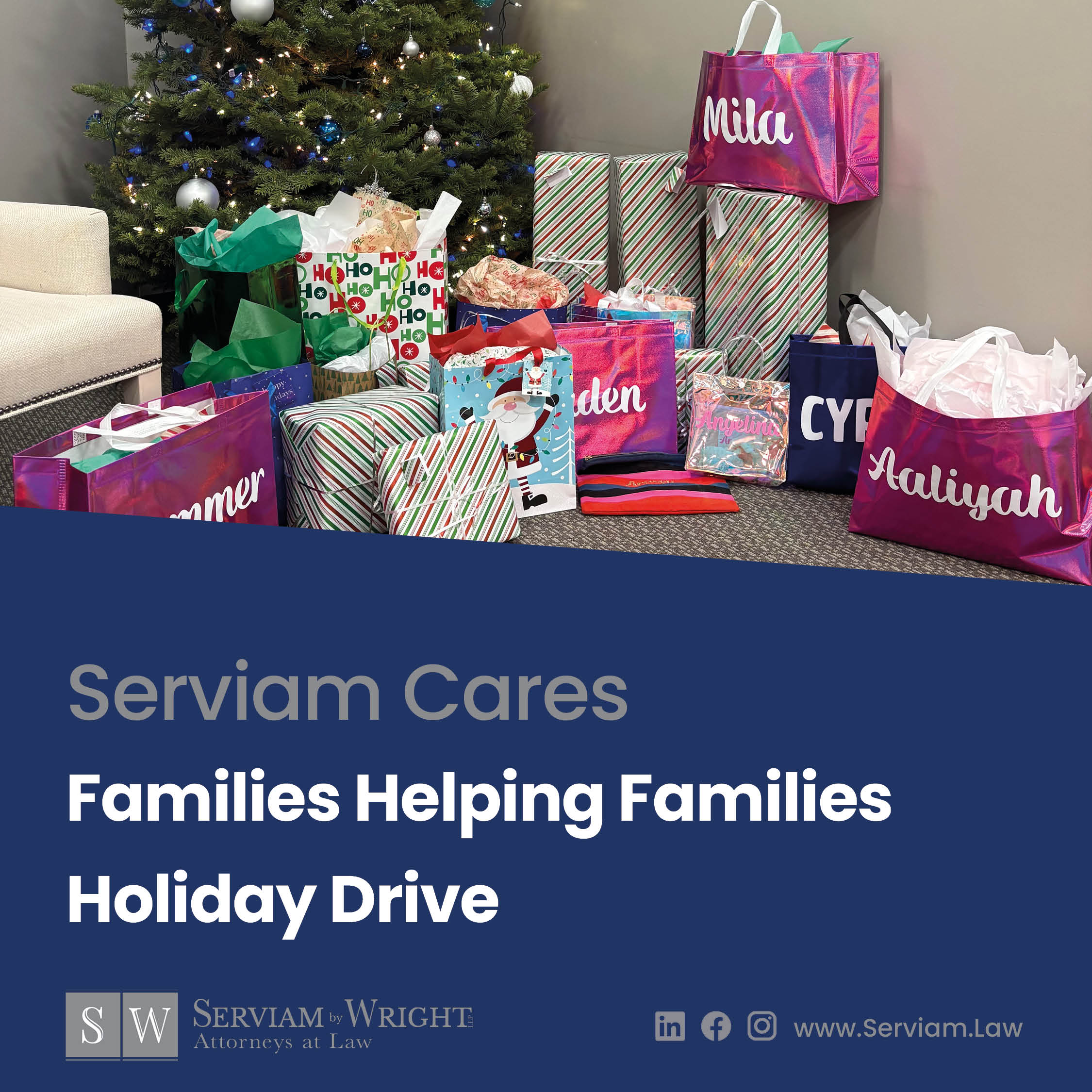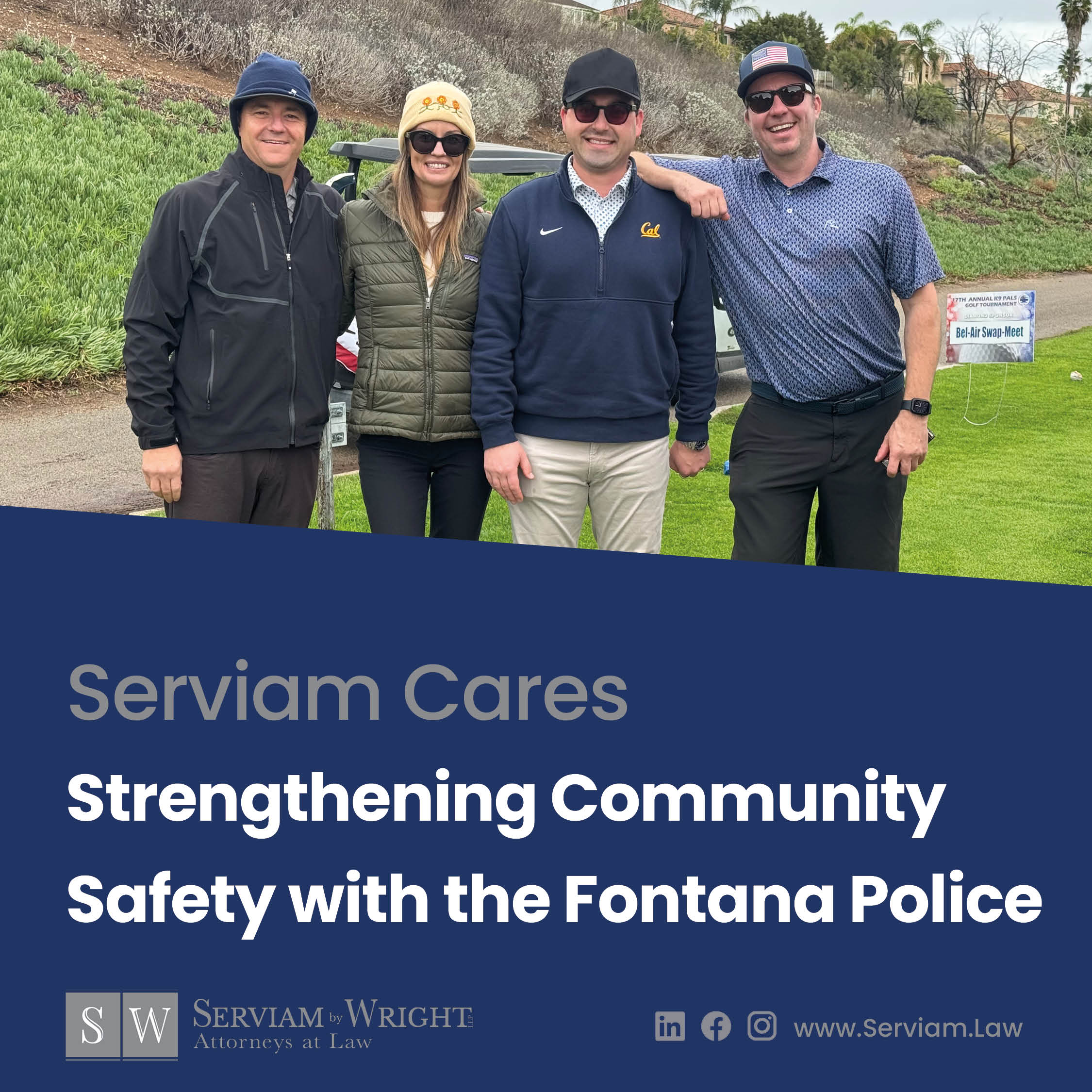Legal Update: On October 7, 2025 Governor Gavin Newsom signed Senate Bill 635—the Street Vendor Business Protection Act—into law, creating new statewide requirements for how cities and counties regulate sidewalk vending in California.
This new legislation builds upon SB 946 (Safe Sidewalk Vending Act) and SB 972 (Compact Mobile Food Operations), adding significant privacy protections for vendors and restrictions on local enforcement authority.
Key Provisions of SB 635
1. Privacy Protections and Data Collection Limits
Local governments may no longer collect or request the following information from sidewalk vendors or Compact Mobile Food Operations (CMFOs):
- Criminal history or background information!
- Immigration or citizenship status
- Place of birth
The bill also prohibits local authorities from requiring applicants for sidewalk vending permits or business licenses to submit to fingerprinting, LiveScans, or other background checks.
2. Restrictions on Data Sharing
Except under specific legal circumstances such as a judicial warrant or subpoena, local governments are barred from sharing vendor information with immigration enforcement or other external entities.
Municipalities that previously collected this type of data are now required to destroy it by March 1, 2026.
sb 635 Implications for Cities and Counties
Cities and counties across California should immediately review their sidewalk vending programs to ensure compliance with SB 635. This includes:
- Updating permit forms and databases to remove prohibited information fields and prohibited background check procedures.
- Reviewing and amending enforcement agreements between local authorities and nonpublic entities regarding enforcement of sidewalk vending to ensure compliance with new privacy protections and enforcement limitations.
- Implementing policies for the destruction of sensitive vendor data by March 1, 2026.
- Ensuring all procedures align with the privacy protections and data-use limitations now mandated by State law.
Failure to comply may expose municipalities to administrative or legal challenges.
Next Steps for Municipal Compliance
To comply with SB 635 while maintaining effective health and safety oversight, local agencies should:
- Audit existing vending ordinances and administrative codes.
- Update vendor permit applications and enforcement protocols.
- Train staff on new privacy requirements and enforcement limitations.
- Coordinate with public health, law enforcement, and city prosecutor offices to implement compliant practices.
Balancing Opportunity and Oversight
California’s sidewalk vending framework now rests on three key bills—SB 946, SB 972, and SB 635—which collectively emphasize economic opportunity, vendor safety, and privacy. While these laws promote inclusion, they also continue to limit how local governments can regulate and enforce compliance.
Municipalities will need to strike a careful balance between protecting community health and safety and upholding the privacy and procedural safeguards that these bills establish.
How Serviam Can Help
At Serviam, we assist public agencies in reviewing and updating sidewalk vending ordinances, administrative procedures, and enforcement programs to ensure full compliance with State law. Reach out to learn how we can help your jurisdiction navigate SB 635 and implement effective, compliant enforcement strategies.
Curtis Wrightis an expert in municipal and nuisance abatement law, and he is the Managing Partner of Serviam BY Wright LLP (“Serviam”). Curtis may be contacted about this alert at Wright@Serviam.Law. Serviam legal alerts are not legal advice. Additional facts or future developments will affect the subject of this alert. Seek the advice of an attorney before acting upon any information in this alert.
View SB 635—New Enforcement Rules for Sidewalk Vending Legal Alert in PDF.





